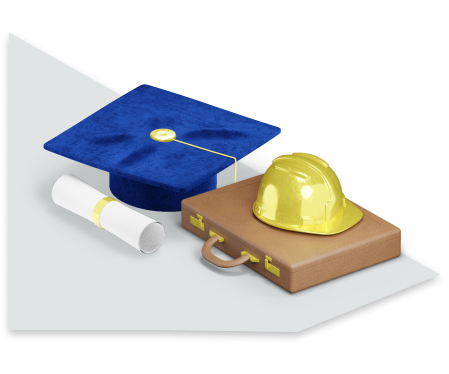US Transit Visa Application
If you are not traveling to the UN headquarters and are not a foreign government official, you will need to apply for a C-1 visa. Know which type of visa you need so that you can attach all the documents and file the right forms.
File form DS-160
Filing the Form DS-160 is the first step to start the application process. Complete the necessary fields and then submit the form online. After submitting the form, you will get a barcode number and confirmation page which you should save for future references.
Pay the Us Transit Visa Application Fee
The application fee for the C type visas is $160. You have to pay this amount and keep the receipt because it will be needed later in the process.
There might be other fees depending on your location and the Embassy you are applying from. However, there are no visa issuance fees for the C-2 visa. This is because reciprocity measures have not been put in place for this type of transit visa.
Schedule Your Interview
The next step is to schedule your interview. Try to schedule your visa interview as soon as possible. US Embassies sometimes deal with a high workload so it might take them more time to schedule your interview. When the interview is scheduled, you will get an interview confirmation letter which you will show at the time of the interview.
Submit the Required Documents for Us Transit Visas
You need to prepare a file of documents to have with you when you go for the visa interview. It is advisable to prepare all the documents. If your file is missing any documents, there will be reason enough for the Embassy to delay or even deny your visa.
The C-1 required documents include:
- Passport
- DS-160 form confirmation page
- Interview confirmation letter
- One photograph
- Visa fee receipts
- Proof that you are allowed to enter the country of your final destination
- Ticket or itinerary to your final destination
- A letter which states the purpose of your visit to your final destination
- Proof that you are financially able to cover your expenses during your transit
- Evidence that you will return to your home or another country after your stay in the U.S. This could be a property deed, apartment lease, or other proof.
- If you are HIV positive, you will need a letter from your doctor explaining your medical state and the risks associated with your condition, as well as proof of medical health insurance
- If you have been arrested before in the U.S, you need to submit a letter explaining the offense, the reasons for the arrest, and proof on whether you were convicted or not.
The C-2 required documents include:
- Passport
- DS-160 confirmation code
- One photograph
- Receipt of fee payments
- If you are a U.N official transiting through the U.S, provide proof that you are allowed entry into the country of your final destination
The C-3 required documents include:
- Passport
- DS-160 confirmation code
- One photograph
- Receipt of fee payments
- Proof that you are allowed to enter the country of your final destination
- Ticket or itinerary to your final destination
- Proof that you are financially able to cover your expenses during your transit
- A letter which states the purpose of your visit to your final destination
Attend Your Transit Visa Interview
With your document file, you should attend the visa interview at the scheduled time. If your interview is successful, you will have higher chances of getting a transit visa.
If you have been granted the visa, you will be able to transit through the U.S successfully to your next or final destination.
US Transit Visa Processing Time
From the time you submit your application, expect to wait for a minimum of 5 working days to receive a response on your visa status. The Embassy will let you know whether you have been granted or denied the transit visa. This is only an average time estimate, though, so if it takes longer, do not assume that your visa has been denied.
Since you only need the transit visa at the U.S airport, you can give the information of what airport you will be in and on what date. If you submit a request and it is granted, the US Embassy could send the documents to that airport with the visa, and it will be waiting for you when you transit through the US.
What Are the Restrictions of the C Visa?
Since the transit visa is different from other nonimmigrant visas in the sense that you are not allowed to stay in the US, there are several restrictions to what you can do while in the US.
With a transit visa (C-1, C-2, or C-3), you are not allowed to do the following:
- Cannot stay in the U.S more than the designated time
- Cannot travel or study in the U.S
- Cannot become employed in the U.S
- Cannot extend the transit visa
- Cannot adjust or change the status of the transit visa
- Cannot apply for a Green Card with a transit visa
- Cannot have dependents with only one transit visa
- Dependents cannot travel, work, or study in the U.S
How Long Can I Stay in the US With a Transit Visa?
Transit visas mean that the person holding it does not intend to stay in the US and has another final destination. That is why is it necessary to prove you have a final destination by submitting tickets or visas for another country.
Because it is assumed that transit does not take too much time, the validity of the C visa is short too. All types of C transit visas (C-1, C-2, and C-3 visa) are valid for a period of a maximum of 29 days or until the date to depart the US is on your ticket, whichever one is sooner.
Can I Bring My Dependents With a Transit Visa?
No, you cannot bring your dependents with a Transit Visa. The C visa doesn’t come with dependent visas. This means that all those transiting to the US, including spouses and children must have a transit visa.







